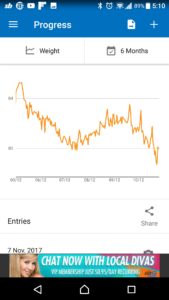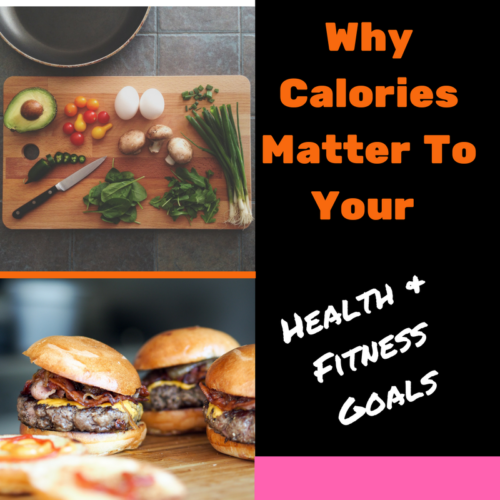I often get the question “Why Calories Matter?”
When it comes to nutrition this important concept is something that should be one of the aspects which guides your health and fitness goals. Whether it be in trying to lose weight, maintain weight or gain weight. Eric Helms has been an influence for me with his framework for understanding nutritional priorities. He has a fantastic video series which you should check out here “The Muscle and Strength Nutritional Pyramid”
GETTING STARTED WITH CALORIES
When I first work with clients there main goals are
• to look better
• increase energy
• gain some strength.
While we can get more specific with goals they pretty much all fall under those categories.
To achieve these goals client will create a 2 week food diary which can be one of the most crucial steps in our whole process. We use an app “My Fitness Pal” to log all of the food a client eats.
WHAT IS A CALORIE AND HOW DOES IT RELATE TO FOOD?
Everyone wants to be healthy and that is where calories become a key part. Above all Calories (energy) are needed for every day functions in the body and for us to live. We get calories from nutrition in food and drinks. A calorie is used as a unit of energy in nutritional terms. When we look at energy it can be neither lost nor destroyed.
That being a primer on what a calorie is we can focus back on nutrition and look at calorific values of the three main components of the food we eat and drink
PROTEIN
– 1 gram contains 4 calories
• Protein is the building blocks of the body
CARBOHYDRATE
– 1 gram contains 4 calories
• Carbohydrates are the bodies preferred fuel source
FAT
– 1 gram contains 9 calories
• Fat contributes to several functions in the body such as vitamin absorption and brain function
ALCOHOL
– 1 gram contains 7 calories
• Alcohol does not unfortunately have any nutritional value and is consumed in moderation
The goal long term health is to have a balance of not eating too much calories and not eating too little calories. The next step for health is making sure we are having enough calories from protein, carbohydrates and fat.
WHY CALORIES MATTER?
Looking at your goals in phases and making our calories to match the goals
Negative Calorie Balance:
• When a person expends more calories than they consume
• Body functions, recovery and movement if not covered by food intake, stored calories (in fat and muscle) will be burned up to make the difference
• This diet is called a hypocaloric diet
Maintenance:
• When a person’s has an equal amount of calories consumed and expended
• In this case there is a stability in weight and a balance between tissue built and burnt
• This is called a eucaloric diet
Positive Calorie Balance:
• When a person consumes more calories than they consume
• Extra calories are stored as fat, muscle and glycogen
• This is called a hypercaloric diet
Now we have the correct terms cleared up, we can look at a practical example of how best to make use of these types of diets.
When someone is looking to make long-term changes a more effective approach can be looking at your current goal and having your calorie intake to match that goal.
LOSING WEIGHT (NEGATIVE CALORIE BALANCE)
Below is a 6 month example of someone trying to lose weight that has crept on and make lifestyle changes along the way.

• Losing weight 0.5-1kg per week is an accepted rate
• There are different strategies which implement a range of 10-20% below maintenance
• Maintenance periods are used to mentally reset and to get better at “holding a new weight”
SUMMARY
Importantly now we have a better understanding of why calories play an important role in our goals. Even more whether we want to lose weight, maintain or even increase muscle our nutrition is the thing that will dictate what happens to our body composition.
Here are some actionable steps to get the ball rolling for you over a two week period
1. Download “My Fitness Pal” from the app store on your phone.
2. Start to take your scale weight in the morning (after going to the bathroom and minimum clothes) enter into “My Fitness Pal”
3. You should take some time to get used to the interface such as the bar code scanner and the ability to copy meals across (both life and time savers).
4. Start to track your food each day by weighing/measuring and scanning the ingredients you use. You will find that meals will pop up again and again which makes the process easier.
5. Once you start tracking have a look at the “Nutrition” section and see what sort of calories and nutrients you are hitting at the end of each week.
6. At the end of the two weeks you will have some fantastic data to see whether your nutrition is in line with your goals.
In closing a good idea can be to setup up a excel tracking sheet so you have a rolling average for each week. This average will give you a better idea of if the trend is going up, down or staying the same
It is the action takers that will move forward and progress to having the body they deserve and want.

IT INCLUDES
- Your Own Personal Trainer
- 3 x 1 Hour Sessions Per Week
- AM Sessions Available
- Nutrition Plan To Break The Cycle of Dieting
- Learn To Build Habits That Will Stick Forever
- Learn How To Keep Your Results
All for $69 per week for 28 days! Click I’M IN BELOW TO APPLY
We guarantee you results and help you create the structure that will have you feeling more confident, better about yourself and able to feel awesome.

